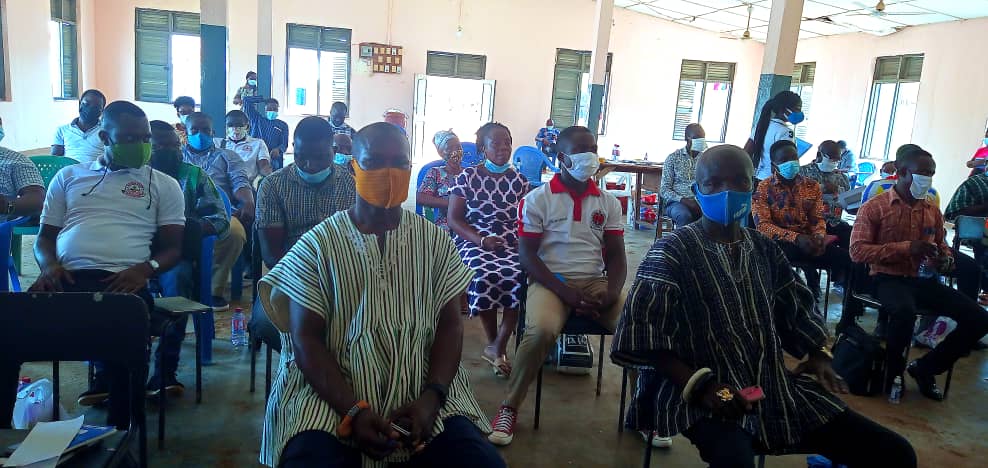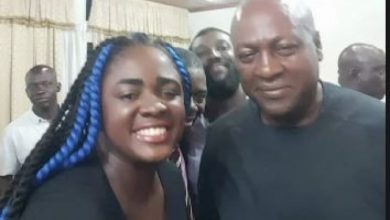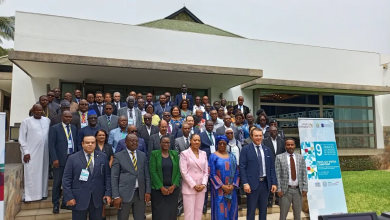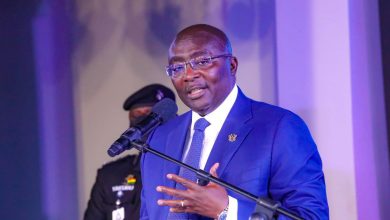Take Part in Public Hearings – Mining Community Members Told

Western Regional Deputy Director of the Environmental Protection Agency (EPA), Mr Kwadwo Opoku-Mensah has urged members in the mining communities to take part in public hearings on environmental impact assessments organised by mining companies in order to hold them accountable when they fail to go by them.
He explained that the Environmental Impact Assessment (EIA) contains how the prospective mining company intends to resolve to environmental challenges arising from the operations of the company.
“This is why you need to take part in the hearing processes, you need to know what is contained in the company’s Environmental Impact Statement so that you can identify some gaps or measures you deem fit to be the best solution”, he stressed.
Mr Opoku-Mensah gave the advice at a two-day sensitization workshop on identification of environmental concerns organised by the World University Service of Canada (WUSC) and the Wassa East District Assembly (WEDA) under the West Africa Governance and Economic Sustainability (WAGES) in Extactive Areas Project.
The workshop was attended by traditional leaders, Assembly Members, Officers from the Planning and Environmental Departments of the Assembly, personnel from the Information Services Department (ISD) and some journalists.
Some of the topics treated were the host mining community as an environmental watchdog, environmental concerns – areas to guard, various Acts that regulate the mining sector, and environmental accountability system – the role of the host mining communities and companies in EIS.
There were group works on identifying and prioritizing of environmental concerns with an open discussions on difficulty in implementation of environmental concerns and the way forward.
Mr Akwasi Owusu-Bi, Local Governance Specialist working with the WUSC in Ghana explained that the purpose of the workshop was to identify some environmental concerns within the communities so as to prioritise them.
He added that it was also to help participants identify the issues and know whether they can seek for redress and to introduce participants to regulators in order to create an interface with them so that they can form partnerships for development in the District.
Story: Seth Ameyaw Danquah




